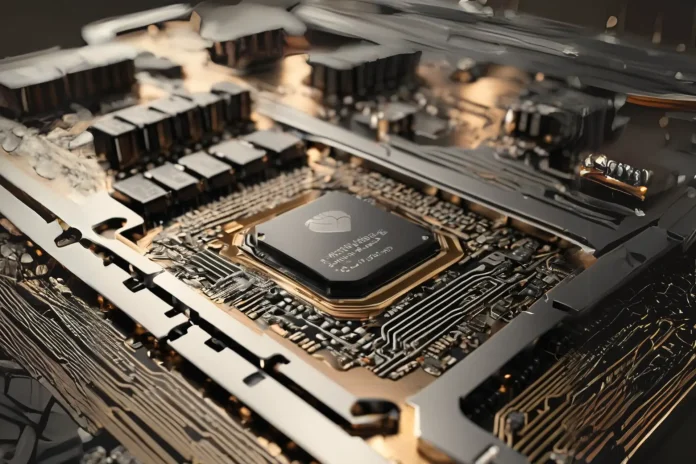In a strategic move to support the domestic semiconductor industry, the Japanese government recently made a substantial investment of $1.3 billion in Micron’s Hiroshima chip plant. This investment represents an important step for Japan in securing a stable semiconductor supply and maintaining its edge in the global technology market. By supporting Micron’s Hiroshima chip plant and taking a considerable interest, Japan aims to foster innovation and collaboration within its domestic semiconductor industry, keeping up with technological advancements to ensure it stays ahead of the curve.
Let’s first examine the global semiconductor market, where China and the United States are engaged in a fierce rivalry over AI chip development. We’ll then delve into Japan’s recent investment in Micron’s Hiroshima chip plant.
The AI Chip Conflict
The US and China are locked in a high-stakes battle over AI chips, driven by economic competition, national security concerns, and the race for technological dominance. The US shows export controls and barriers to stop China’s AI ambitions, while China is investing billions into domestic chip-making and alternative technologies to break free from US dependence. This conflict has created global ripple effects, impacting tech companies, weakening alliances, and raising fears of a broader tech cold war.
Companies Involved in the Conflict
Many companies are entangled in this complex US-China AI chip conflict and are trying to win the game.
- Chipmakers involved in conflict include Nvidia, AMD, Intel, Qualcomm, Xilinx, Micron
- Tech companies that have a significant interest in this conflict include Apple, Microsoft and Google
- Chinese manufacturers taking a stand against the US include Huawei HiSilicon, SMIC, Alibaba, Tencent
Micron Technology
Micron Technology, based in Idaho, is a memory master technology company from the US. It makes the stuff that remembers everything in your gadgets – RAM, flash drives, all of it. They are the brain and brawn of your devices. The company cautiously tiptoes between the US and China, supplying both but careful of US restrictions. Yet, with other US chipmakers leashed, Micron might see China’s hungry eyes turn its way.
Japan’s Investment in Micron’s Hiroshima Chip Plant
Japan’s funding in Micron’s Hiroshima chip plant is anticipated to cover the expenses of installing ASML Holding’s state-of-the-art extreme ultraviolet lithography equipment, essential for creating intricate patterns on silicon chips. This investment constitutes almost 40% of Micron’s planned capital infusion in Japan and aims to ensure a stable supply of advanced chips.
Micron, a US-headquartered firm, finds itself in a challenging position amidst the ongoing chip conflict between the US and China. Recent developments have led to research by Chinese regulators, posing a threat to the company’s significant sales in the Asian market. The situation has since escalated after the US expanded restrictions on chip-making technology exports to China with the help and support of the Netherlands and Japan.
Japan & Tech Future
This comprehensive support of Japan aims to strengthen Micron’s Hiroshima chip plant in Japan, ensuring the smooth production of vital chips for emerging technologies like AI and Quantum computing. This investment reaffirms Japan’s commitment to technological innovation. As tensions persist on the international stage, initiatives like these are crucial for ensuring the stability and resilience of vital industries, safeguarding the future of technological advancements worldwide, and positioning Micron’s Hiroshima chip plant as a global leader in semiconductor manufacturing.



